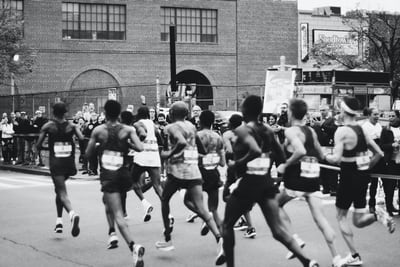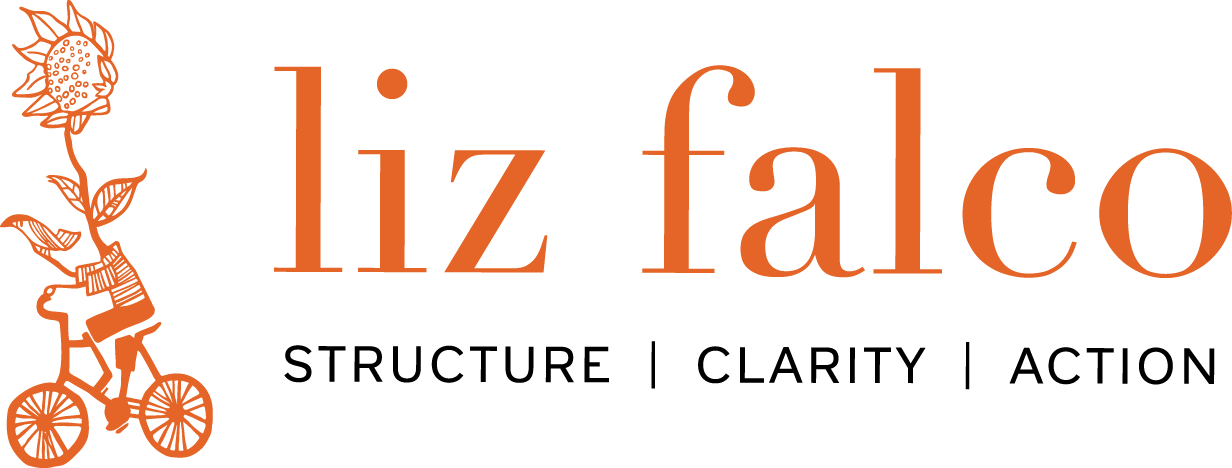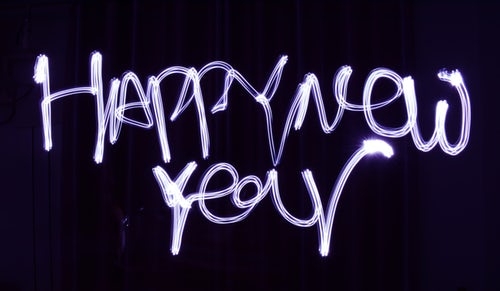
“Remember we were Black 6 months ago, and we’ll be Black when the hype and trend are over.”
– Trudie German, 2020
I am going to break down why I’ve started offering:
One 60-minute coaching session free of charge to Black and Indigenous
young adults (18-30 yrs) who would like support navigating their
job search or starting a new career.
You or someone you know who might benefit can reserve a spot here
Racism isn’t something new. But, why are we talking about it now? The Black and Indigenous communities have been running a marathon for generations. Recent tragic events have enhanced awareness and broadened individual and institutional reflection, and there is renewed hope for change. Making statements and practicing ‘activism’ from the comfort of our homes, however, isn’t enough. Individuals and organizations are being called to action – to take intentional, concrete steps that turn into sustainable results.
It is not a 100-metre dash – we must run alongside the Black
and Indigenous communities for the long haul.
No doubt, you or someone you know has had a negative experience in their educational journey, job search or career as a result of systemic racism. For those of us for whom the current system was built, it is time to reflect deeply on what we’re learning and decide on how we can best use our advantaged position to change the system to create an equitable society.
The ‘Why?’ of my offer:
1. To counter the stats
“The unemployment rate for Black Canadians is around 12 percent, while the average for non-Blacks is 5 percent among Black youth aged 15 to 24.”
Eradicating Structural Racism for Black Canadians, 2019
This data tells so much about the inequities and need for systems change. In addition, research indicates how qualified Black, Indigenous and other racialized candidates are repeatedly overlooked and under-promoted. Indeed, the ‘résumé screening game’ is stacked against racialized applicants, and many resort to “hid[ing] their race in order to level the playing field.” Minorities who ‘whiten’ job resumes get more interviews, 2017
As a career coach, I want to contribute to the reparation by supporting Black and Indigenous young adults as they navigate their options, prepare for interviews and strive for more agency in their career journey.
2. To share a strengths-based approach
“Starting from strengths is a low-cost, highly effective strategy for changing the conversation…” – We must say No to the Status Quo, McDermott, 2017
When you know your strengths, you are more confident. With confidence comes competence, and this creates a positive feedback loop.
Everyone has strengths. I’ve witnessed the power of a strengths-focused approach in both the teaching field and my role as career coach. Through facilitated reflection activities, my students and clients discover their strengths and find ways to articulate them, and make choices to optimize them.
Sadly, many educational institutions and workplaces have operated in a deficit model when it comes to Black and Indigenous students and employees, perpetuating problematic stereotypes. I aim to counter this negative framework by encouraging Black and Indigenous young adults to identify and activate their strengths and find ways to share their talents and attributes with the world.
3. To mentor and champion
“There’s a growing mentorship gap affecting more than 15,000 Canadian children and youth, many of whom are facing vulnerable situations including poverty, family instability identity-based discrimination.” – Big Brothers Big Sisters of Canada,2020
Whether in a formal role or not, there are many opportunities for each of us to facilitate mentorship and ‘championship’ for Black and Indigenous youth and colleagues. As a career coach, I often take on the role of mentor for my clients, even if for a limited period of time. Importantly, I encourage my clients to find mentorship from within their own communities, from individuals who reflect their lived experiences; that is where they will get the most relevant support.
Navigating white-dominated educational institutions or workplaces present many challenges for Black and Indigenous candidates. We take a strategic approach that includes the development of a networking action plan and finding ways to participate in their field of choice, even before they have a job in that field. Researching a potential employer in advance, identifying champions both within and outside the organization who will amplify their voices, share their achievements and recommend them for committees, panels, conferences and promotion can also make a difference.
The world needs Black and Indigenous young adults. The rest of us need to remove the barriers, open the doors and provide equitable pathways so that they can realize their full potential.
I’m following the lead of young people.
The young adults I speak to are frustrated by our inertia and fear that we’re currently engaging in conversations as part of a trend rather than deeply committed to taking concrete steps, changing practices and mindsets. Their call to action is for us to walk-the-talk. My offer is just one step.
Please share with your network and reach out to me to book a consultation.




